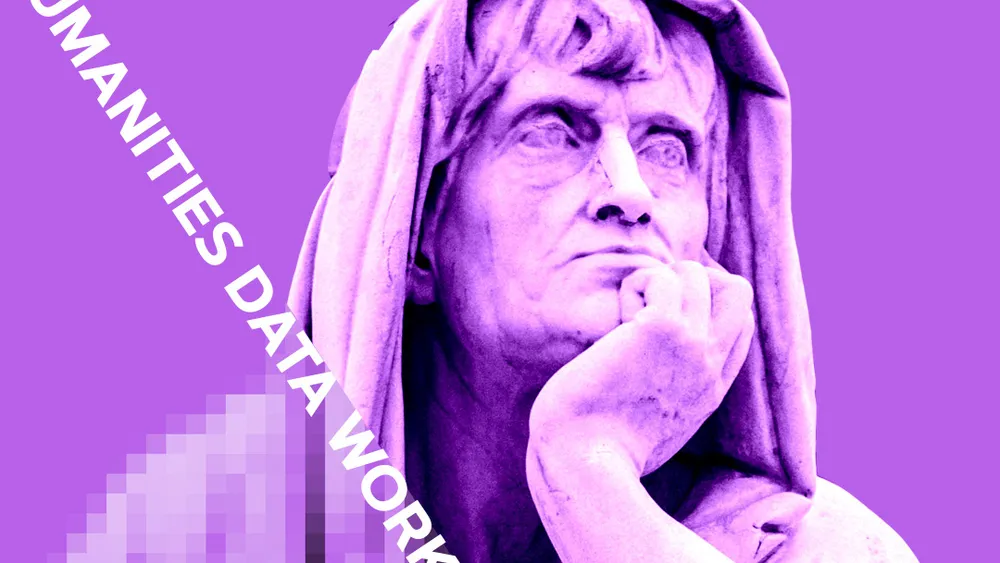Humanities Data Workshop Series - Workshop #3: Structuring Humanities Data
–
Speakers

Register on the Princeton University Library Website.
This virtual workshop will explore the archival and editorial decisions that go into structuring data for humanities research. We'll talk about how humanities scholars take texts, images, objects, and records and make them usable for different kinds of computer-assisted exploration, including encoding, information retrieval, cross-referencing, data visualization, or exploratory analysis (both quantitative and qualitative). We'll discuss the differences between what makes a text or image human-readable vs. machine-actionable. And we'll learn some practical methods for structuring this kind of data, including the concept of "tidy" data and when (and why) people would apply it.
Along the way, we'll explore hands-on activities and case studies drawing on different humanities disciplines including encoding archival and museum metadata, comparing different versions of texts, examining patterns in historical description and cross-referencing patterns in collections of historical materials.
This is the third in the Humanities Data Workshop Series, and all are welcome to register, whether or not they attended the first or plan to attend the rest of the series. The Zoom link will be emailed to those who register.
Humanities Data Workshop Series overview:
A joint initiative between the Center for Digital Humanities (CDH) and Princeton Research Data Service (PRDS), this workshop series will explore what “data” means in the context of humanities scholarship and provide an introduction to key techniques and analytical considerations for data-curious faculty, early-career researchers, graduate students, and Library staff. Over the course of six (6) workshops (tentatively, three (3) workshops per semester), participants will learn about the animating methods and questions that go into finding, structuring, cleaning, and preserving data in humanities contexts. Sessions will use case studies from a range of disciplines, and will pay particular attention to the interpretative and ethical decisions involved in creating datasets from objects of humanities research. Stay posted for announcements on upcoming workshops in the series.
To request disability-related accommodations for this event, please contact pulcomm@princeton.edu at least 3 working days in advance.